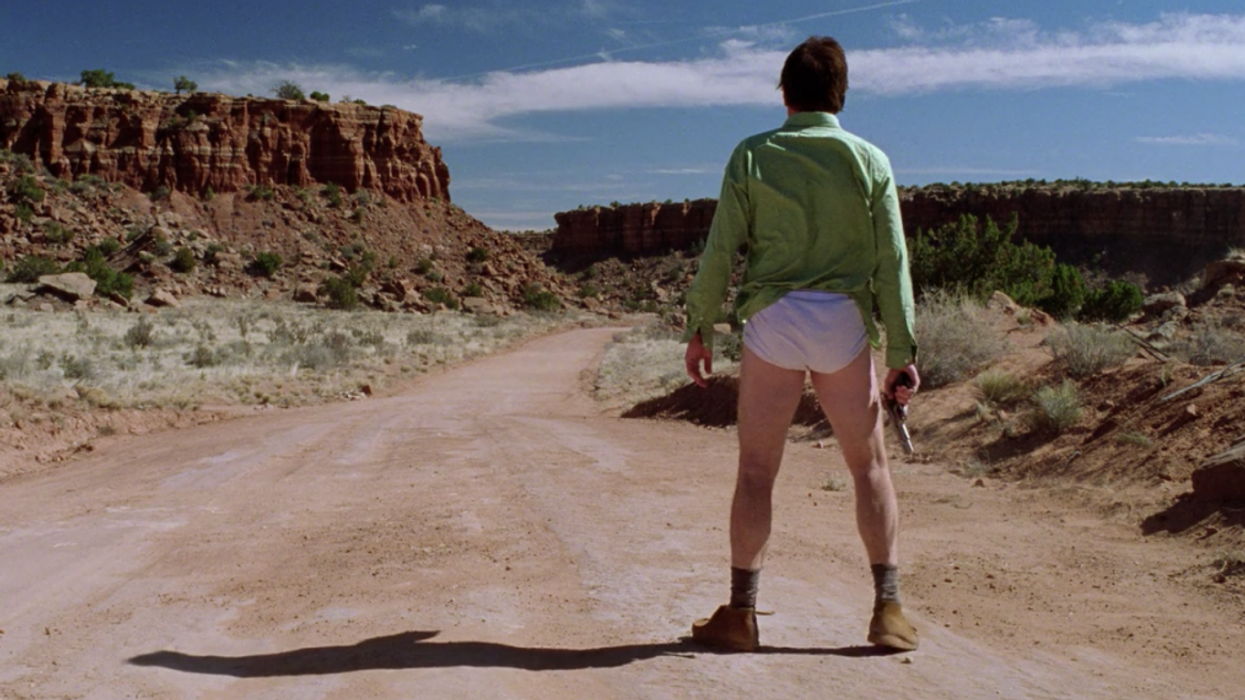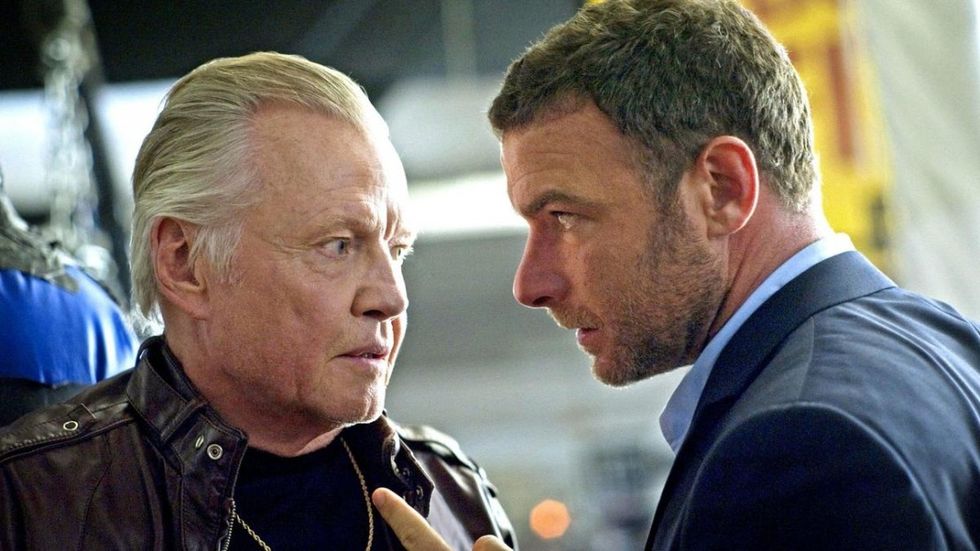'Breaking Bad', 'Billions' Editors Share the Pros and Cons of Entering the Post Field Today
Top editors discuss their craft and give their thoughts on the state of cinematic TV.

According to the editors behind some of the biggest shows on TV, this is indeed a golden age for television...and especially for editors. During a panel moderated by Michael Berenbaum (Sex and the City) at this year's Sight, Sound & Story Post-Production Summit in New York, editors Naomi Geraghty (Billions, Bloodline, Treme) and Lynne Willingham, ACE (Breaking Bad, Ray Donovan, X-Files) talked about how they got their start in the industry, gave advice for those looking to break in, and shared clips from shows they've worked on.
Breaking In
Geraghty, who is from Dublin, got her start in school, making short films, and said that she found herself "drawn to the process of editing, finding the footage, putting it together." When she left school in the '90s, she got a visa and came to New York, where her hustling had paid off and got her a job working on a documentary about Nelson Mandela. Through a connection with editor Craig McKay, she landed her first job as an assistant on a feature, a film that ironically was shooting in Ireland. At the time, she said, "everything was transitioning from film to Avid," and Geraghty learned the ropes during fives years as an assistant, which she stressed was invaluable.

All three agreed that there's a remarkable amount of TV work right now to be had for editors in New York. Said Geraghty, "I am optimistic in the sense of, there's so much TV work in New York right now, and there's a really solid architecture for assistants making the transition. It's really tough in features, but when an assistant works on a TV show, they got to know the showrunners, people are willing to give them a chance."
"The most compelling stories are happening in television."
—Lynne Willingham, ACE
The pros and cons of "cinematic TV"
When asked about "switching lanes" between different genres, whether it's from reality to scripted or features to television, Willingham noted that, "Studios and networks are getting persnickety about cable editors...I've got really great friends in L.A that can't make that leap into cable because of the catch 22. It's really kind of crazy. You don't cut cable any differently than you do network drama," but, she said, this can be the preconception among executives, that certain editors are "high-end cable editors."
When Berenbaum asked the panelists why TV seemed to be so high-quality these days, Willingham said that she thought it was partly the longer form that was attracting talent, the fact that a story arc can extend exponentially longer it could in a theatrical release. And movie studios, she felt, have by and large ceded the real storytelling to television. "The most compelling stories are happening in television. There's great roles for women; there's great roles for older actors. It's where the adult storytelling is taking place." The storytelling is more complex, "and you're not seeing as much of that in movies these days."
The flip-side to that, though, was that editors are finding themselves under increasingly intense time crunches. "The wonderful thing about cutting movies," said Willingham, "is that you get a lot of time, you can go down rabbit holes. You don't get that on television. On a TV show, you get about 6 weeks, as opposed to a movie, where you get months."
"I don't think any of us knew [Breaking Bad] would be the phenomenon it turned out to be, but we knew it was special."
—Lynne Willingham, ACE
Breaking Bad and Billions
Both editors also shared clips from shows they have worked on, with Willingham bringing in the opening of the pilot to Breaking Bad, arguably one of the most important shows in the cinematic TV revolution. She spoke of Vince Gilligan's exceptional writing (they'd previously worked together on X-Files) and the fact that he had an intimate familiarity with the character of Walter White and his arc. "I don't think any of us knew it would be the phenomenon it turned out to be, but we knew it was special."
She also revealed that the part of the clip where Walt speaks into the video camera hadn't initially been planned as being part of the pilot. Rather, Gilligan had intended to save it for later on, but when he saw what she'd done with the clip, it ended up staying in.
Willingham also mentioned an executive at AMC who had said, early on, that they wanted the show "to look like an independent film," and she said that she felt like Bad, as a series, "gave us permission to use the whole screen, and to use a city, or a location, as a character," in the way that the show made use of Albuquerque. Also, for anyone who might have been wondering, the flying trousers in the clip are "not a special effect."
Geraghty brought in a clip from Billions, the Showtime series based on the real-life battles between prosecutors and hedge fund managers in New York. The clip, from the finale of the first season, couldn't be more different from the kinetic action of Breaking Bad, instead focussing on the battle between Paul Giamatti and Damian Lewis. That said, it's just as cinematic. According to Geraghty, "With Billions, the language is so rich, and our actors are so incredible, it's about trying to respect the writing and the performances."
Perhaps the biggest takeaway from the panel is that in an era when TV is, arguably, more artistically vital than film, editors in television are in a unique position. Because they stay with shows longer than many directors, cutters often play a huge part in determining the look and feel of a show. And with a skyrocketing demand for content, there's plenty of work to go around. As Michael Berenbaum said, "There's never been a better time for television."
Source: Sight, Sound & Story













